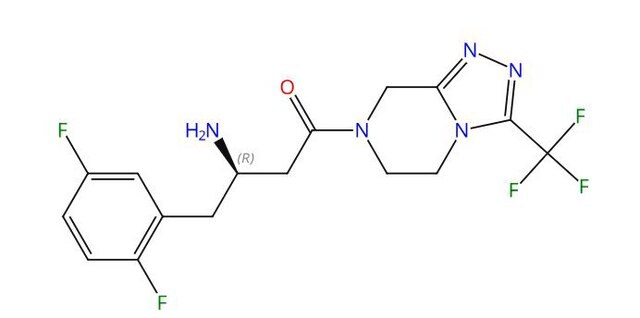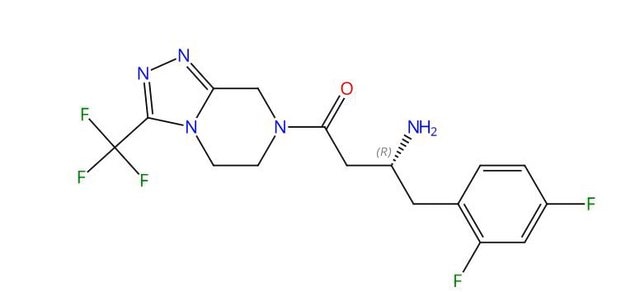1A02460
USP
Aripiprazole 4,4′-Dimer
Pharmaceutical Analytical Impurity (PAI)
Synonym(s):
(7,7′-((((ethane-1,1-diylbis(2,3-dichloro-4,1-phenylene))bis(piperazine-4,1-diyl))bis(butane-4,1-diyl))bis(oxy))bis(3,4-dihydroquinolin-2(1H)-one)
Sign Into View Organizational & Contract Pricing
All Photos(1)
About This Item
Empirical Formula (Hill Notation):
C48H56Cl4N6O4
CAS Number:
Molecular Weight:
922.81
MDL number:
UNSPSC Code:
41116100
NACRES:
NA.24
Recommended Products
grade
pharmaceutical analytical impurity (PAI)
agency
USP
API family
aripiprazole
manufacturer/tradename
USP
application(s)
pharmaceutical
format
neat
storage temp.
2-8°C
General description
Aripiprazole 4,4′-Dimer is a USP Pharmaceutical Analytical Impurity (PAI).
USP PAI are a product line of impurities suitable for research and analytical purposes, which help to ensure the quality and safety of medicines.
Associated Drug Substance: Aripiprazole.
For more information about this PAI, visit here.
USP PAI are a product line of impurities suitable for research and analytical purposes, which help to ensure the quality and safety of medicines.
Associated Drug Substance: Aripiprazole.
For more information about this PAI, visit here.
Application
Aripiprazole 4,4′-Dimer (USP PAI) is intended for use in analytical testing to detect, identify, and measure pharmaceutical impurities.
Features and Benefits
USP PAI advance your early analytical R&D and process development. PAI can be used in the following applications:
1. Conduct analytical tests during early formulation feasibility studies.
2. Determine degradation impurities produced during stress studies.
3. Develop, validate, and transfer analytical methods.
4. Perform spiking studies during process R&D to demonstrate depletion upon recrystallization.
5. Record retention times and/or spectra
6. Determine relative response factors.
7. Identify unknown impurities that formed during ICH stability conditions.
8. Identify impurities that are present in the Reference Listed Drug
9. Test for and profile impurities not listed in drug substance and drug product monographs.
1. Conduct analytical tests during early formulation feasibility studies.
2. Determine degradation impurities produced during stress studies.
3. Develop, validate, and transfer analytical methods.
4. Perform spiking studies during process R&D to demonstrate depletion upon recrystallization.
5. Record retention times and/or spectra
6. Determine relative response factors.
7. Identify unknown impurities that formed during ICH stability conditions.
8. Identify impurities that are present in the Reference Listed Drug
9. Test for and profile impurities not listed in drug substance and drug product monographs.
Analysis Note
These products are for test and assay use only. They are not meant for administration to humans or animals and cannot be used to diagnose, treat, or cure diseases of any kind.
Other Notes
Sales restrictions may apply.
Storage Class
11 - Combustible Solids
wgk_germany
WGK 3
flash_point_f
Not applicable
flash_point_c
Not applicable
Choose from one of the most recent versions:
Certificates of Analysis (COA)
Lot/Batch Number
Sorry, we don't have COAs for this product available online at this time.
If you need assistance, please contact Customer Support.
Already Own This Product?
Find documentation for the products that you have recently purchased in the Document Library.
Our team of scientists has experience in all areas of research including Life Science, Material Science, Chemical Synthesis, Chromatography, Analytical and many others.
Contact Technical Service






